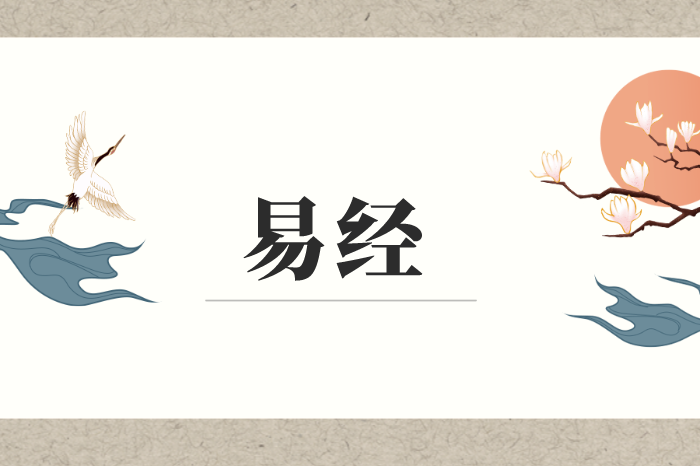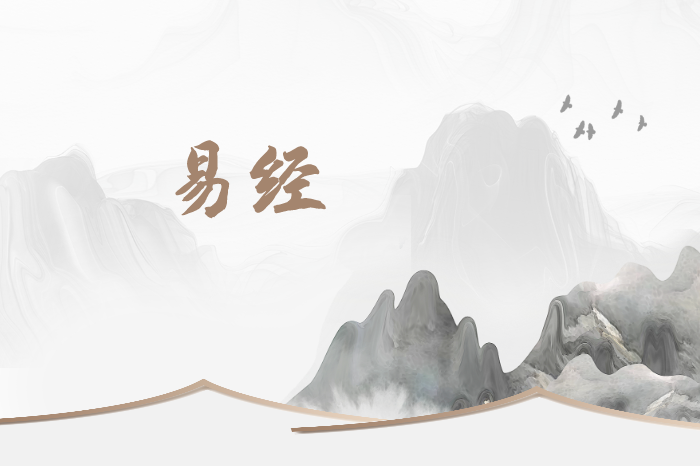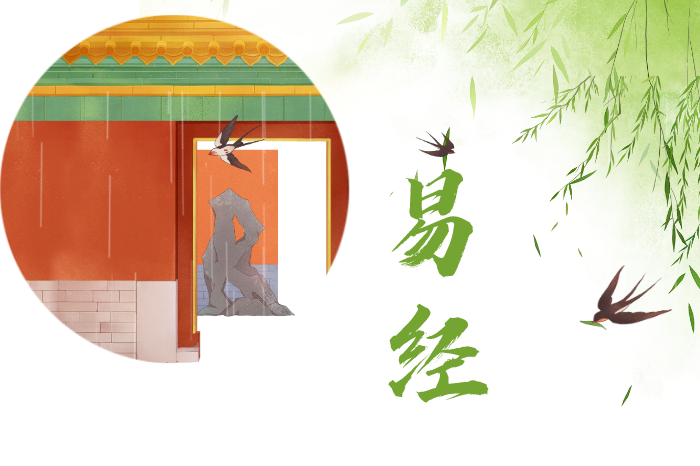The Book of Changes, also known as the I Ching or Zhouyi in Chinese, is one of the most important texts in Chinese philosophy and culture. As the earliest and most comprehensive representation of Confucianism, it reflects the wisdom of ancient Chinese sages and offers profound insights into human nature, morality, and personal growth. In this article, we will delve into the essence of Confucianism in The Book of Changes and summarize its key concepts in English.
1. The Study of Changes and Philosophy of Life
The essence of The Book of Changes lies in its exploration of the philosophy of change and the understanding of life. The Chinese character “易” in the title can be translated as “change” or “easy.” It emphasizes the inevitability and dynamism of change in human life and encourages individuals to adapt and embrace change. The core principle can be summarized as “change is the only constant.” Through studying the patterns of change in the universe, The Book of Changes provides guidance on how to navigate through life’s challenges and cultivate virtues.
2. The Concept of Yin and Yang

Yin and Yang are fundamental concepts in The Book of Changes, representing the two opposite but complementary forces in the universe. Yin symbolizes darkness, passivity, and femininity, while Yang represents light, activity, and masculinity. The interactions and interdependencies between Yin and Yang form the basis of all phenomena in the world. The concept of Yin and Yang suggests that harmonizing and balancing these opposing forces is crucial for achieving harmony and well-being in both personal and social aspects of life.
3. The Theory of The Eight Trigrams
The Book of Changes is structured around the concept of The Eight Trigrams, which are combinations of three-line figures representing different natural elements and human characteristics. Each trigram is associated with a specific meaning and represents a particular stage in the continuous cycle of change. For example, the trigram “乾” (qián) represents heaven, masculinity, and strength, while the trigram “坤” (kūn) represents the earth, femininity, and receptivity. By understanding the meanings of these trigrams and their relationships, one can gain insights into different aspects of life and make informed decisions.
4. The Importance of Harmony and Balance
Confucianism, as reflected in The Book of Changes, emphasizes the pursuit of harmony and balance in all aspects of life. Harmony is achieved through the proper alignment of oneself with the natural order of the universe and the cultivation of virtuous behavior. This includes cultivating benevolence, righteousness, propriety, wisdom, and trustworthiness, known as the Five Virtues. By embodying these virtues and practicing moderation, individuals can contribute to a harmonious society and attain personal fulfillment.
5. The Path to Self-Cultivation and Moral Development
The Book of Changes provides a guide for individuals seeking self-cultivation and moral development. It emphasizes the importance of self-reflection, introspection, and self-improvement. Through understanding and practicing the teachings of The Book of Changes, individuals can cultivate their character, align their actions with moral principles, and become morally upright individuals. The process of self-cultivation involves a constant study of oneself, the cultivation of virtues, and the pursuit of self-transformation.
In conclusion, The Book of Changes, or the Zhouyi, serves as a repository of Confucian wisdom and offers valuable insights into life, morality, and personal growth. Its philosophy of change, concepts of Yin and Yang, the eight trigrams, and the emphasis on harmony and balance provide guidance for individuals seeking to lead meaningful and virtuous lives. Incorporating these principles into one’s life can contribute to personal development and the betterment of society as a whole. Explore the profound teachings encapsulated within The Book of Changes and discover the timeless wisdom it offers to humanity.







